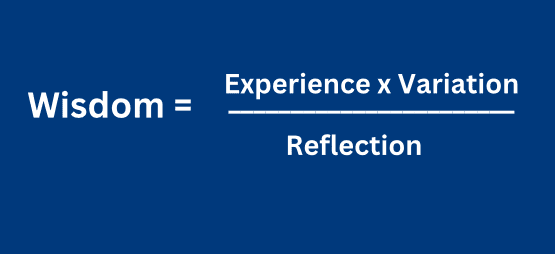This blog post is authored by Dyane Protzmann Rogelstad, a long-time supporter of Teach Music 21C. Thanks so much Dyane for sharing your reflections on Questions & Concepts from TM21C. There's lots to think about in your words.
What makes TM 21C so great for me?
In March, 2020, when I discovered I could successfully meet with my piano students online, I also realized most of my previous teaching strategies had become cumbersome, even useless. I was hungry for relevance. I was curious about making changes, not just because my budget depended on it, but also because I longed for my students to stay engaged with their music while we met online together.
I had been attending “Idea of the Month” with Merlin before the pandemic, and was implementing many of the ideas in his book. So later that year it seemed a perfect fit to jump right into TM21C certification.

One of the most immediately practical things I learned was to ask better questions of my students. Instead of asking “What do you think of your performance,” I asked a six-year-old student, “Did you notice the short sounds in Allegro?” Or, a teenager, “What is your favorite phrase in that Chopin Etude? I’m curious to know what you felt in that passage?” I learned to take time to listen to the students’ responses. Over the past three years’ practice of implementing this single challenge, I have found more joy and adventure in teaching than ever before.
When I'm teaching I also get to observe how a student’s developing life skills are translated into music-making and how the student’s musical skills and abilities are transfigured back into life skills. Taking time for reflection in the music lesson directly augments this natural metamorphosis.

For example, life experience creates opportunity for variation on a familiar tune. To set up the challenge, a six-year-old student might play “Mary Had A Little Lamb but she was late for school.” Then I might say “How did that feel” or “I noticed that you enjoyed that version!” to invite reflection. I participate in their joy and ask what other ideas they might have. The student’s shared life experiences reveal wisdom and insight, and provide guideposts for musical growth.
What are some TM 21C tools you’ve discovered and implemented that have transformed your teaching?
